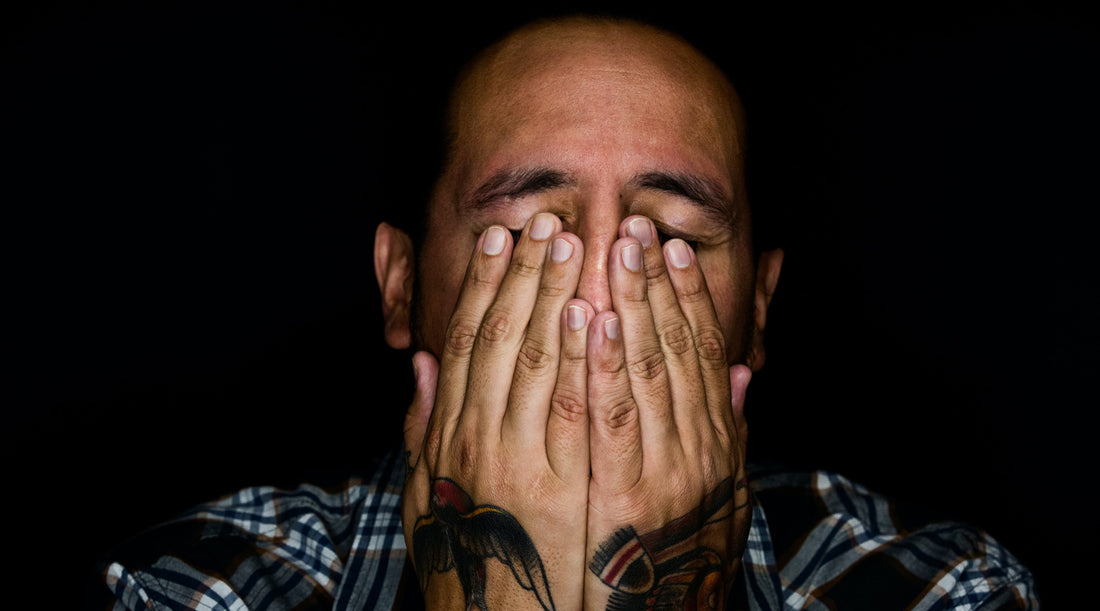
Can Coffee Make You Sick?
Coffee TalkWhy Coffee Can Upset Your Stomach
For millions of people around the world, their daily routine is incomplete without a mug of coffee. The smell of coffee brewing in the morning is the sole reason many of us get out of bed in the morning. However, some people may experience some negative side effects from the morning cup of joe.
It’s true that coffee can leave some people feeling a bit queasy, especially those of us who are reaching for our first, second or sixth cup before eating our first meal of the day.

How to Avoid Feeling Sick from Coffee
1. Stay hydrated.
Drinking a glass of water as soon as you wake up can help you feel more energized and will also hydrate you before having your first cup of strong coffee. Drink at least as much water as you do coffee to alleviate any feelings of sickness.
2. Understand your digestive system.
The way your digestive system interacts with caffeine varies from person-to-person. Caffeine and acids are the main factors in coffee that can cause some discomfort to your digestive system.
The various acids found in coffee do contribute to the overall taste of your brew. However, acidity in coffee, especially when drinking on an empty stomach, can lead you to feel a bit queasy. These acids may irritate your stomach lining and cause feelings of nausea, heartburn or acid reflux.
If you find that you’re sensitive to high acidity, go with a dark roast. Darker roasts generally have a low acidity, and the chemicals that arise during the roasting process may help in hindering your stomach acid.
3. Don't drink coffee on an empty stomach.
Replacing breakfast with coffee is never a good idea—even when you're in a rush. While it may seem like the most logical idea to get your caffeine fix, it may make you feel worse.
To prevent any feelings of sickness, be sure to eat food before taking your first sip. The food will help you soak up the coffee and allow you to digest the caffeine and acid at a slower pace than drinking on an empty stomach.
4. Avoid artificial sweeteners.
You might want to think again next time you're reaching for that zero-calorie sweetener. Sweeteners with zero calories are artificial—meaning you may be ingesting harmful ingredients. Sweeteners often stir up your gut-bacteria, and in turn, lead to potentially messy situations with your bodily functions.
Try drinking your coffee without any of the fake sh*t and see if it makes a difference in how you feel. If you can't drink it black, experiment with alternatives like a stevia leaf extract, a sprinkle of cinnamon or cocoa.
5. Avoid artificial creamers.
Non-dairy, low-fat and artificial creamers aren’t much better than the artificial sweeteners you're pairing them with. These creamers tend to include harmful ingredients such as high fructose corn syrup, hydrogenated oils, thickeners and other unnatural and harmful ingredients. Dipotassium phosphate, for example, an ingredient used to break down coffee acidity, can actually lead to both nausea and *shiver* diarrhea. Calcium will offset acidity.
If you prefer the smoother taste, or the acidity is doing you in, go for an all-natural milk or creamer to keep your insides happy.
If you’re feeling brave, challenge yourself to forego the additional ingredients altogether! The more you drink black coffee, the more you will begin to taste the flavor notes from the roast itself that you may have been missing out on.
[Featured Image Credit: Ayo Ogunseinde via Unsplash]
